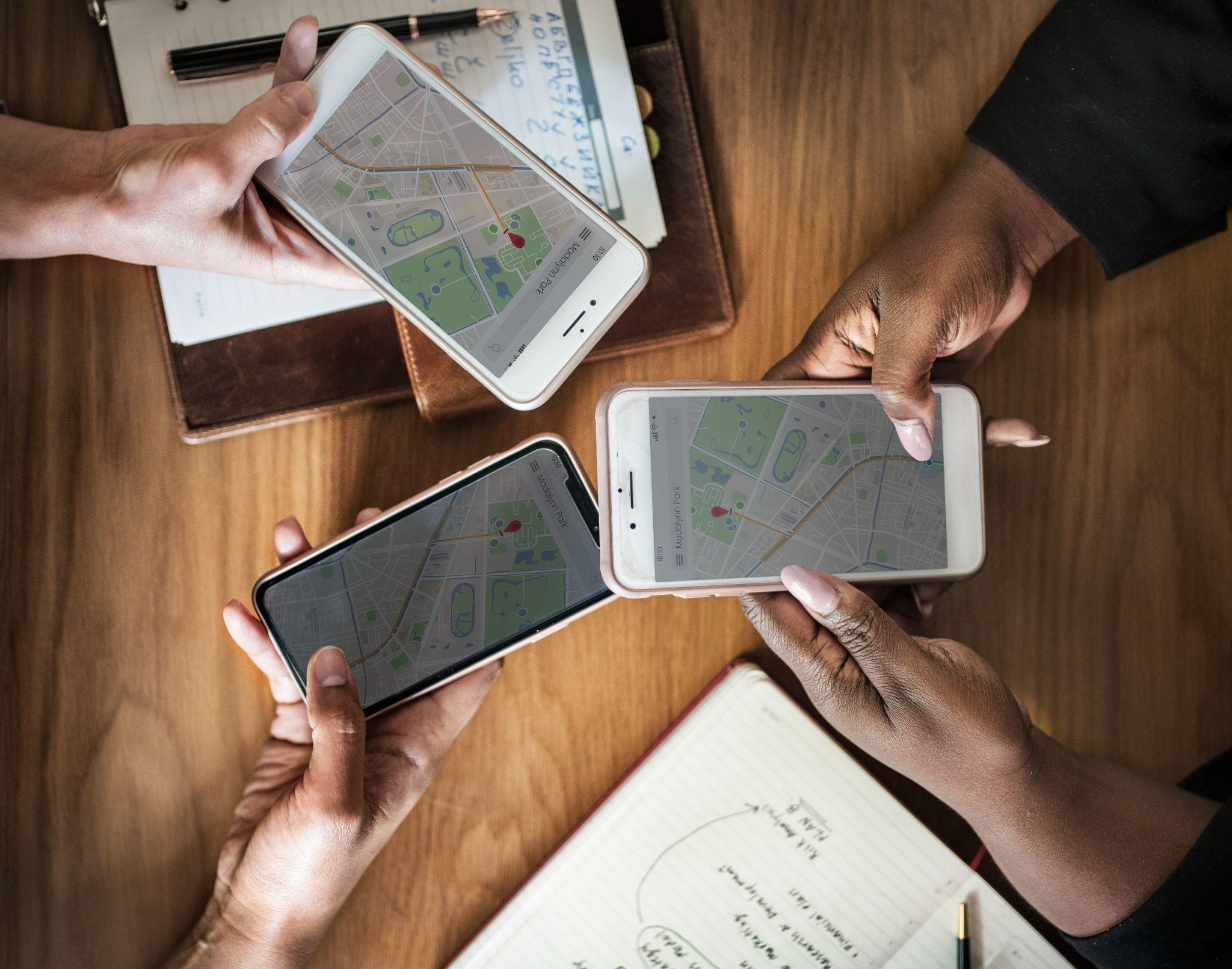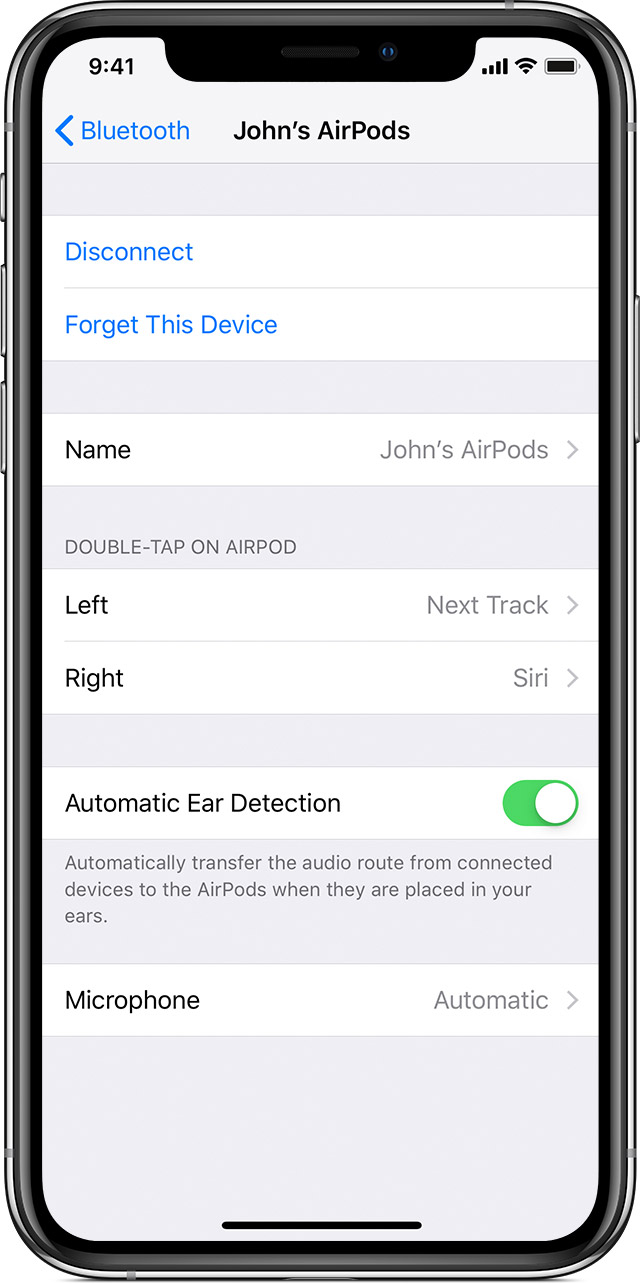In today’s digital age, cell phone cloning continues to be a concern for mobile phone users. Although not as prevalent as it once was, cell phone cloning can still result in serious consequences for victims. From unauthorized charges on your bill to potential criminal charges, the impact of cell phone cloning can be significant. In this article, we will delve into what cell phone cloning is, how it works, and most importantly, how you can protect yourself against this nefarious practice.
Understanding Cell Phone Cloning
Cell phone cloning is a two-step process that involves stealing the identity of a phone and hijacking the carrier to obtain free service. Criminals use electronic equipment to clone a cell phone, allowing them to make calls and connections under the original owner’s account. The process begins with the use of an electronic scanner to detect the electronic identification number of the SIM card in a nearby phone. While there are various scanners available, they are relatively expensive and difficult to acquire. As a result, cloners often opt for physical access to the SIM card.
Once the cloner has obtained the necessary information, typically the electronic serial number of the SIM card and its authentication key, they use a SIM writer to create a duplicate SIM card. SIM writers are legitimate tools with legal uses, making them easy to acquire. With the duplicated SIM card in hand, the cloner can insert it into another phone and utilize the original owner’s account for calls and connections.
It is important to note that cell phone cloning was more prevalent in the past when analog technology was dominant. However, advancements in digital technology have significantly enhanced the security of cell phones and made cloning operations much more difficult. While digital signals are encoded and encrypted, there is still a weakness in the system when it comes to analog backups.
The Signs of a Cloned Phone
Detecting a cloned phone can be challenging, as there is no foolproof way to identify it. However, there are several indicators that may suggest your phone has been cloned. These include:
- Receiving calls from your carrier inquiring about your recent travels.
- Experiencing a sudden increase in calls or SMS messages from unfamiliar numbers.
- Noticing an unusual number of wrong numbers or abandoned incoming calls.
- Encountering difficulties accessing voicemails or finding that voicemails have disappeared.
- Observing unusual call activity on your bill.
- Experiencing an inability to make phone calls or connect to the cellular network.
If you suspect your phone has been cloned, there are a few steps you can take to gather more information. If you use an Android device, you can utilize Google’s Find My Phone feature to check your phone’s location. Similarly, iPhone users can utilize Apple’s Find My iPhone feature. While these methods are not foolproof, they can offer insights if your phone has been cloned by someone in a different country. However, it is important to ensure that location services are enabled on your phone for this to work.
Additionally, you can review your call and text log online with most carriers. This can help identify any suspicious activity, such as phone numbers dialed that you are certain did not originate from your phone. If you have any suspicions, do not hesitate to reach out to your carrier. While carriers do not track your phone or your activity, they can provide you with a new SIM card or offer guidance based on an updated list of your call and text activity.
Preventing Cell Phone Cloning
While it may be challenging to completely prevent cell phone cloning, there are several measures you can take to minimize the risk. The most effective step you can take is to never let your phone out of your sight or allow it to fall into the possession of someone else. With enhanced security measures in place within phone networks, it is highly unlikely for someone to clone your phone simply by scanning it as you walk past.
To further protect your phone, ensure that you secure it with a PIN number or a biometric (fingerprint) password. This will prevent unauthorized access in the event that your phone is lost or stolen. Additionally, turning off Bluetooth and WiFi when not in use will help prevent wireless interception of your information.
Another crucial step is to avoid installing suspicious apps on your phone. Be cautious and only install apps from trusted sources. If in doubt, thoroughly research the app and ensure it is not associated with cloning practices. While cell phone cloning may not be as prevalent as it once was, taking these basic precautions will significantly reduce the chances of falling victim to this crime.
What to Do If Your Phone Has Been Cloned
If you suspect that your phone has been cloned, it is crucial to take immediate action. The first step is to obtain a new SIM card from your carrier. By updating the SIM card number within the carrier’s system, you render the cloned phone number useless to the hacker. If your phone is attached to an eSIM, which is hardwired into newer smartphone models, cloning becomes highly unlikely. However, not all carriers have fully transitioned to eSIM technology.
In the case of a CDMA network (such as Sprint and Verizon), the SIM card is reusable but only compatible with your phone’s IMEI number once activated. Therefore, changing the SIM card should suffice. For GSM carriers (like AT&T and T-Mobile), swapping your SIM card between phone models is possible. However, activating a new SIM card on your phone number will deactivate the previous one. Thus, by activating a new SIM card, the cloned SIM card will no longer function.
It is crucial to dispose of your old SIM cards properly, ensuring they are shredded or destroyed to protect your personal information. By taking these steps, you can regain control over your phone and prevent unauthorized use.
Conclusion
Cell phone cloning may not be as prevalent as it once was, but it remains a threat to mobile phone users. Understanding how cell phone cloning works and being aware of the signs of a cloned phone is essential to protect yourself from this invasive practice. By taking proactive measures such as securing your phone, avoiding suspicious apps, and staying vigilant, you can significantly reduce the risk of falling victim to cell phone cloning. In the event that your phone has been cloned, swift action, such as obtaining a new SIM card, is crucial to regain control over your phone and protect your personal information. Stay informed, stay proactive, and stay protected against cell phone cloning.






